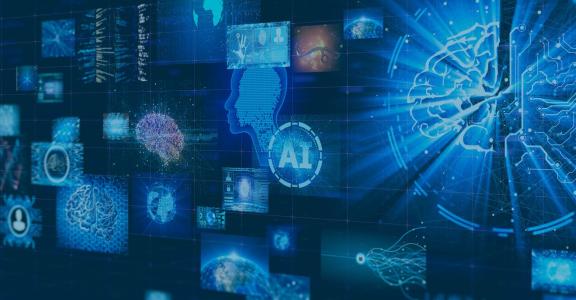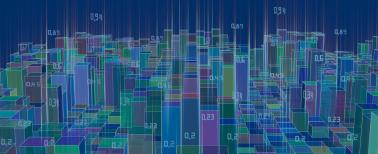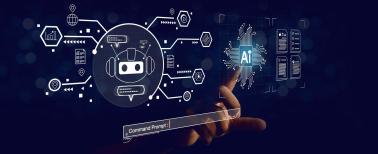Build deep learning models using CNNs, RNNs, and industry tools like TensorFlow and PyTorch.
Skills you will gain
- Master Deep Learning Architectures: Implement CNNs, RNNs, LSTMs, and GRUs for complex AI tasks.
- Optimize Hyperparameters: Understand and fine-tune hyperparameters for better model performance.
- Data Preparation Expertise: Use Pandas and NumPy to preprocess data for deep learning models.
- Scalable Model Development: Write efficient code and build scalable machine learning models for real-world applications.
- Deep Learning Debugging: Diagnose and understand the inner workings of deep learning architectures.
Course Description
Deep learning, a branch of artificial intelligence and machine learning, uses multilayered neural networks to create highly accurate prediction models for image recognition, object detection, language translation, speech recognition, and other tasks. In this course, students will use open source and industry-standard machine learning libraries to build and deploy deep learning models.
Students will build deep learning prediction models of different complexities, from simple linear logistic regression to major categories of neural networks including convolutional neural networks (CNNs), recurrent neural networks (RNNs), long short-term memory (LSTMs), and gated recurrent units (GRUs).
By the end of the course, students will be proficient in best practices of using standard machine learning frameworks such as Pytorch, TensorFlow and Keras, and using datasets for solving common machine learning problems.
The class prepares students to pursue a career in data sciences and AI model development.
Topics
- Deep learning with standard machine learning frameworks including TensorFlow, Keras and Pytorch
- Multilayer perceptrons
- Advanced multilayer perceptrons
- Convolutional neural networks
- Image processing CNN architectures
- Recurrent neural networks
- RNN - prediction with multilayer perceptron
- RNN - prediction with long short term memory networks
Note(s):
Students are required to bring laptops for the classroom and work with Python3/ Jupyter Notebook environment.
Prerequisites / Skills Needed
Moderate level of computer programming ability in Python, comfortable with an editor, familiarity with command-line operations on a laptop, and a basic understanding of Machine Learning models.
Additional Information
AI* - This class empowers students to harness the power of AI by learning how intelligent systems are designed, trained, and applied across real-world challenges. Students will use AI-driven tools and techniques to gain practical, industry-ready experience in building and deploying deep learning models.
This course applies to these programs:






